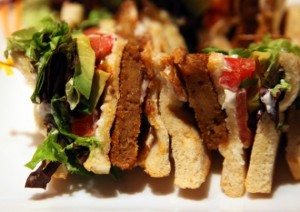Admiring the blush blooming across the pinched cheeks of young tourists as they drink the cheapest red wine our Sicilian villa offers and the sloppy kisses they plant on their agape, laughing lips, I have unwillingly permitted several realizations to seep through my intermittent head throbs. It is my birthday tomorrow. I will turn twenty years old, and I have failed at living as a teenage girl.
The finite potential I saved up for my teenage years, as if they were points to be redeemed at Dave & Busters or paid time off hours set aside for a short-lived vacation, has rotted and will wither in the next sun cycle to a place neither time nor I could catch it.
In retrospect, I’m grateful for the few parties I’d made appearances at, football games I’d stood in the back of, and crushes in class who had served primarily as muses for poetry but had not been of substantial importance as to break my freshman spirit. They would come later. I had snuck out of the house to meet boys, tried out for the softball team, and stuck my head out a sunroof under the cover of a tunnel. I had checked off the little things on the mental list I prepared in my pre-teens, yet coronavirus and the abnormal hardwiring of my mind had been the catalysts to my primarily online academic journey in the second half of high school.
After a series of unfortunate events, I had been advised by school administration to not attend prom nor walk the stage for the mental safety of myself and physical safety of others, while the rest of my graduating class—mainly comprised of eerily similar Barbies and Kens clothed in milkmaid dresses and in suits of fine fabric from places I’ve never heard of—had thrown their crimson-colored caps at the peak of spring weather, and the following week rented beach houses the to consume liquor stolen from their equally plastic doll-like parents.
I’d spent a few months isolated, experiencing ceaseless depression and feelings of ostracization. For my own wellbeing, I couldn’t leave the house nor use any electronics. If I had a visitor, which had only ever been my younger cousin or my close neighbor, they’d be screened for devices which had to be left at the foyer.
I hadn’t been one to drop my schoolbooks and have an unassuming, charming upperclassmen retrieve them for me. Boys had not stolen glances at me in the halls. The cheerleaders had never sat with me for lunch. My hair had not been blown out on a bimonthly basis, instead it had been buzzed short because of my alleged depression and anxiety that ripped it off in thick clumps. I had lacked the blackout parties, spontaneous coastal trips, and urban explorations. With only myself to blame, I had chosen to remain cooped inside and ruminate over the potential I had, rather than pursue the efforts it would take to self actualize.
Then came university. In my first year, I splurged most of my money on lavish dinners, chic bodily adornments, and overpriced tickets to piano recitals. I invested my leisure time in projects I had no real passions for so as to be perceived as an intelligent, indestructible, and interesting woman. Months of precariously crafting a pristine and beautiful facade eventually proved futile, as the ostentatious exterior inevitably crumbled when I revisited my hometown and found myself disinterested in impressing my high school counterparts.
Now I wear my well-loved clothes from senior year, detaching old memories and infusing new ones into their distressed sleeves and eclectic buttons. Deviating from saving money for elegant evenings amongst older company, I presently opt to expand my wunderkammer of vintage cameras and to purchase flights to cities I’d never thought to visit. The need to adopt a pretentious personality that fed on underground jazz artists and bled orchestral symphonies from the Renaissance dissipated. I could listen to mainstream rock and indie classics meant to make the young and stupid drunk on the liveliness they swell in. I began to savor the world again, like a little kid given their first dollar at a candy store. This abrupt but welcome thrill was the impetus for my drive to play a role in saving the world.
And so here is my epiphany. If we, the people that inhabit the world, hope to ensure this miraculous planet stays afloat in our universe, there are various key concepts we need to understand. We must adopt collectivist notions and realize that human beings have the shared responsibility of caring for the Earth. Those of us who are fortunate enough to have our basic needs met have the opportunity to take action toward creating a society where the needs of others are also fulfilled.
Based on Maslow’s Hierarchy of Needs, it can be believed that if people had access to clean food, safe housing, and secure jobs, they would be more inclined to seek endeavors conceptualized by minds at their highest potential (Maslow 1943, 430). Perhaps if one were to add a genuine sense of belonging and community, coupled with a healthy self-esteem, to these people, they would truly self-actualize and choose to engage in methods of mending the world. Maybe if Oishee found authentic connection among her peers, she would be apt to start volunteering weekly at the communal food shelter. Maybe if Darrell earned a sufficient salary to avoid living paycheck to paycheck, he would begin smiling at strangers and gain the confidence to engage in small talk. Maybe if Jimena had scheduled therapy and developed a support system, she would willingly host fundraisers for mental health non-profits.

We must note that kindness is not a panacea for all evils, but a tool in the grand scheme of it all. It is the simplest of seeds we can plant to prompt the growth of hectares of worldly goodness. Rarely do situations de-escalate when multiple parties are brash, hostile, and dismissive. My friends and partners learned, sooner than I, that setting boundaries whilst remaining gentle, patient, and loving is most effective in alleviating my stress and calming my anger. Of course, this does not work in cases where negotiations preventing the termination of a mass genocide built over the course of decades of history is at play. The principle still stands: looking out for our fellow people is the root of how society can be improved and earth can be healed. It can begin with a seed planted by one of us.
This is a collection of experiences from my adolescence that have driven me to contribute towards sustaining this planet we hold dear. Motivation is everywhere and I think I have it in me to participate in change-making agendas. Will you play a part in saving the world?
References
Maslow, A.H. (1943). “A Theory of Human Motivation”. In Physiological Review, 50 (4), 430-437.
Ansorger, Jennifer. 2021. “An Analysis of Education Reforms and Assessment in the Core Subjects Using an Adapted Maslow’s Hierarchy: Pre and Post COVID-19” Education Sciences 11, no. 8: 376.


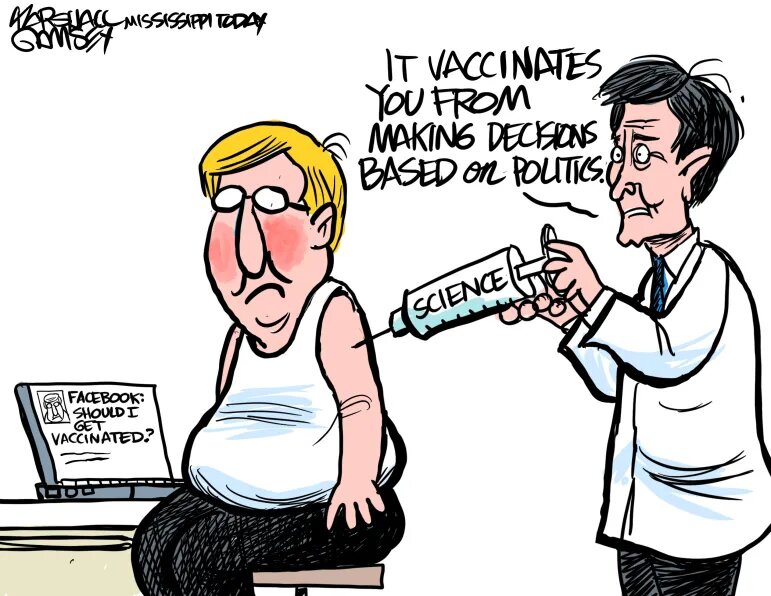
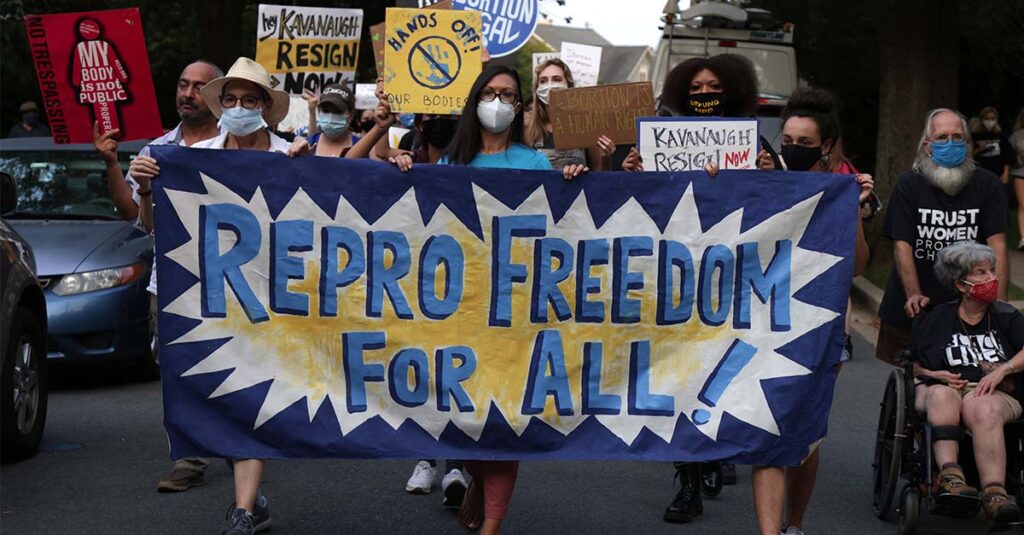



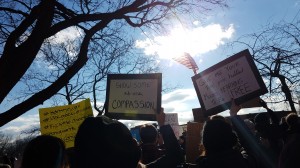
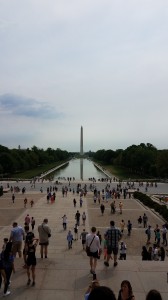




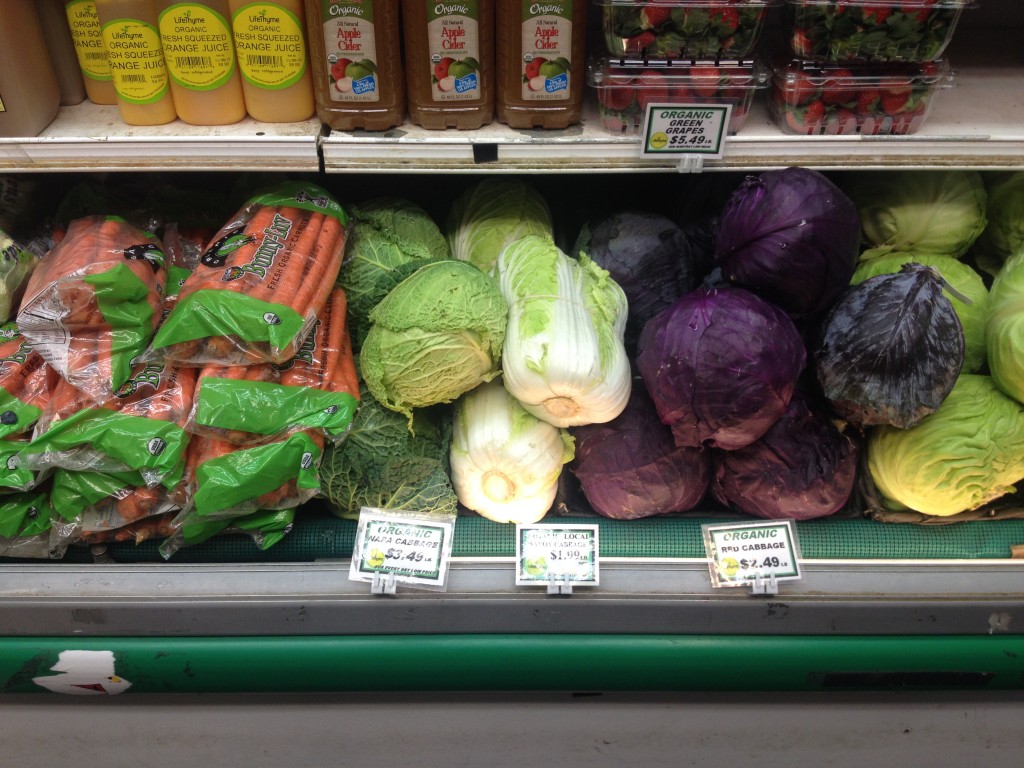

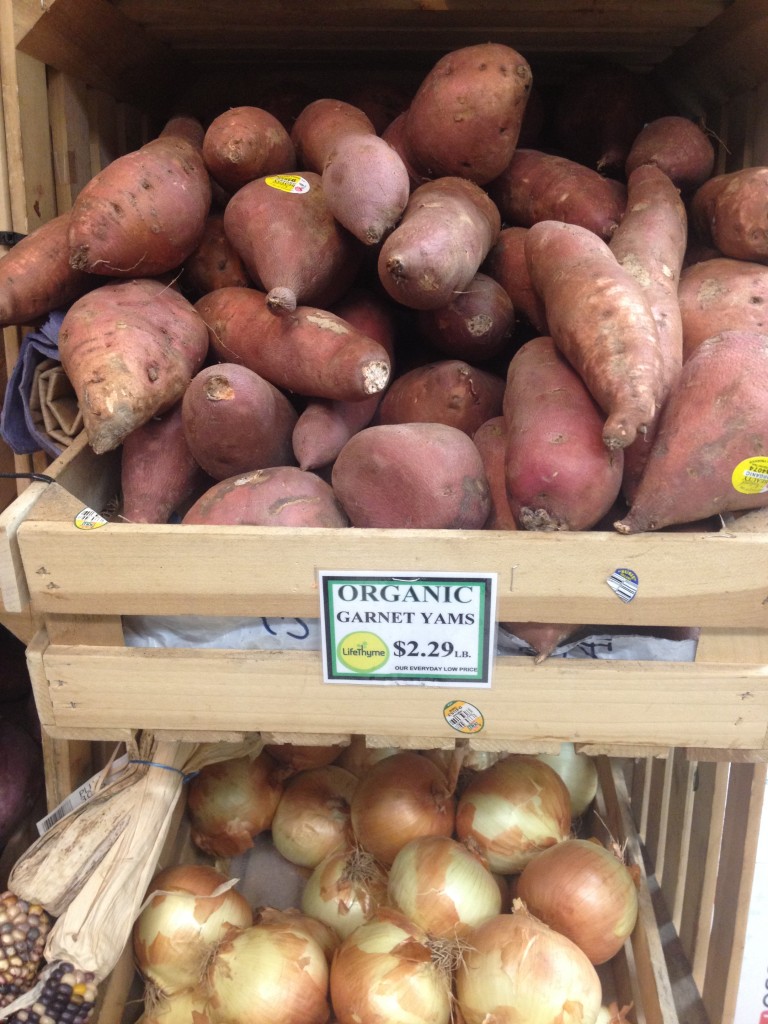
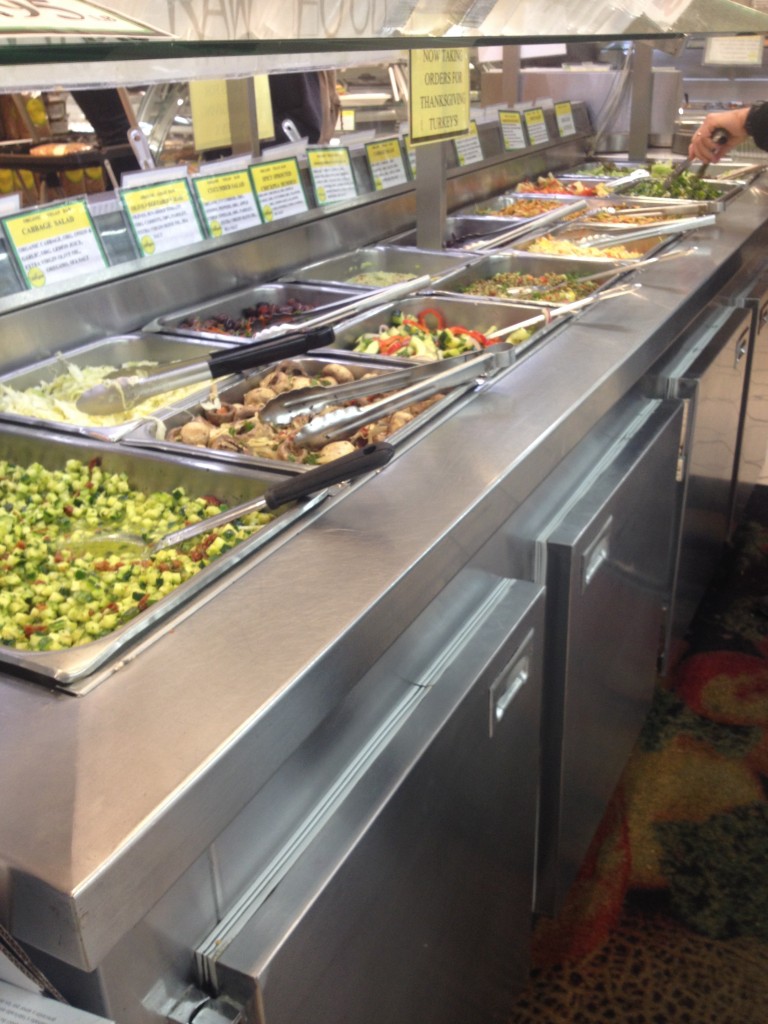

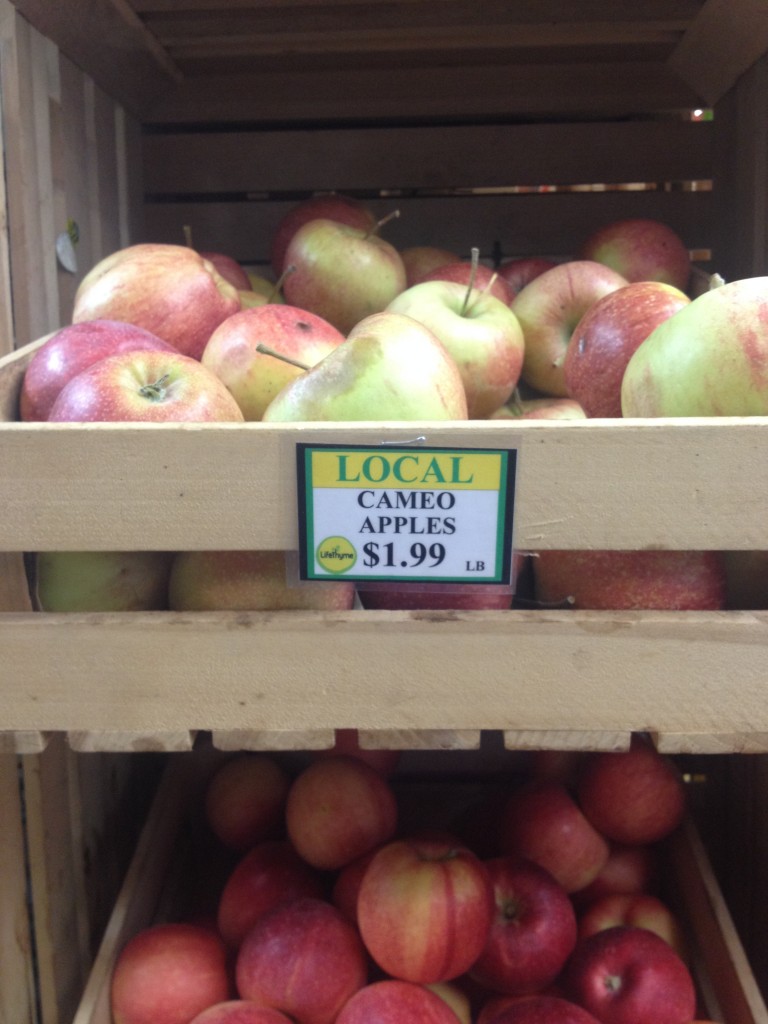
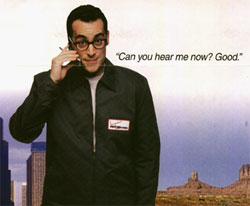





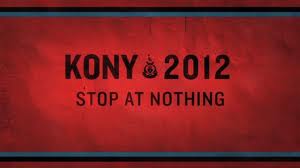 It is truly awe-inspiring to witness
It is truly awe-inspiring to witness 